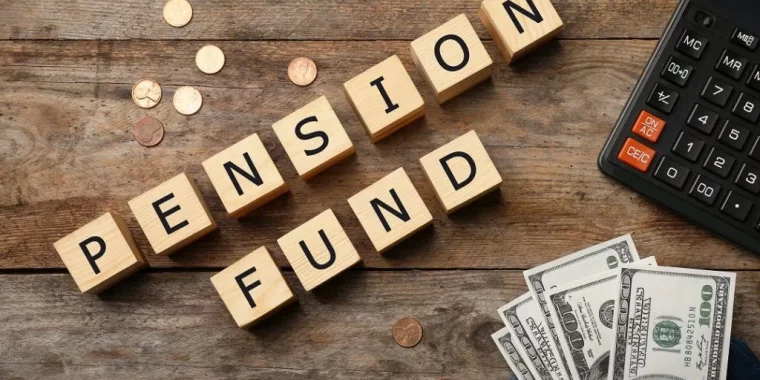What is my annual pension allowance and how can I avoid paying tax?
Pension allowance is the amount you can pay into all your pensions in a tax year. If you are a high-income earner, earning an excess of £200,000 a year, you will be exceeding your annual allowance causing yourself to be taxed on the excess.
1. How much do you need to earn before incurring a pension tax charge
The amount your pension is taxed depends on your threshold income, plus your adjusted income. Your threshold income is your total net income for the year. Adjusted income is your total income plus the value of all employer pension contributions.
You will not be subject to the tapering of the pension allowance and get your standard allowance of £40,000 per annum if the following criteria are met:
• Your threshold income is below £200,000 or
• Your threshold income is above £200,000 and your adjusted income is less than £240,000.
Alternatively, if your threshold income is above £200,000 and your adjusted income is above £240,000, then your annual pension allowance will be subject to tapering and a pension tax charge.
2. How your earnings are calculated
Threshold income is, in effect, your net total income for the year. Included in your threshold income calculation are:
• Salary
• Benefit in kind
• Bonuses
• Dividend income
• Interest on savings
• Rental income
• State, occupational and personal pension income
• Earnings from self-employment and partnerships
• Income received by an individual by the trust.
Deducted from this total is gross relief at source personal pension contributions.
Adjusted income is your total income plus the value of all employer pension contributions.
When calculating if you must pay the pension charge, you also need to calculate if you have any unused allowances from the previous three years. You only pay the tax charge if you have insufficient carry forward allowance to offset the excess over the limit. If you have exceeded the limit, then you are taxed on the excess at your marginal rate of taxation.
3. How the tax charge is calculated
If both your threshold and adjusted income exceed their limits and you still have an excess after using up any unused allowances from the previous three years, your annual pension allowance of £40,000 is reduced for each £2 adjusted income exceeding £240,000 by £1.
If your adjusted income is £312,000 and above, the annual pension allowance will be reduced to £4,000 per annum and in any case the minimum allowance is £4000.
For example, if your pension contributions for 2020-2021 were £75,000. If the threshold income is £210,000 and the adjusted income is £275,000 and there are no unused allowances from the previous three years your tax charge will be:
£275,000-240,000= £35,000.
£35,000/2 = £17,500.
The annual pension allowance is reduced to £22,500 (£40,000-£17,500).
The excess pension contributions are £75,000-£22,500 = £52,500.
Taxed at marginal rate of 45% = £23,625 tax charge.
4. If your pension scheme can pay any pension tax due
If the tax charge is greater than £2,000 you can ask your pension scheme provider to pay this on your behalf. Your scheme will make the payment in return for the appropriate reduction to your fund:
• Money purchase scheme – the pension fund is reduced by the tax charge and any early withdrawal charges which may apply.
• Final Salary scheme – the scheme calculates the reduction in benefits, but this always has to be just and reasonable.
‘Scheme pays’ is a mechanism by which your annual allowance charge can be paid out of your pension scheme, rather than by you personally. This means that you don’t have to find additional funds to pay the charge.
An election needs to be received by the scheme administrator by 31 July following January in which the annual charge is declared on your self-assessment return. For example, for the tax year 2020-2021, the deadline would be 31 July 2022.
It is your responsibility to ensure your pension scheme makes the payment on your behalf and if not, you must make the payment personally.
If your liability is less than £2,000 you can request your pension scheme to make the payment on your behalf, but they don’t have to.
If you need assistance with your pension tax affairs, then please contact us at 02082271700 or info@wimaccountants.com
Originally posted 2022-06-08 10:34:05.

